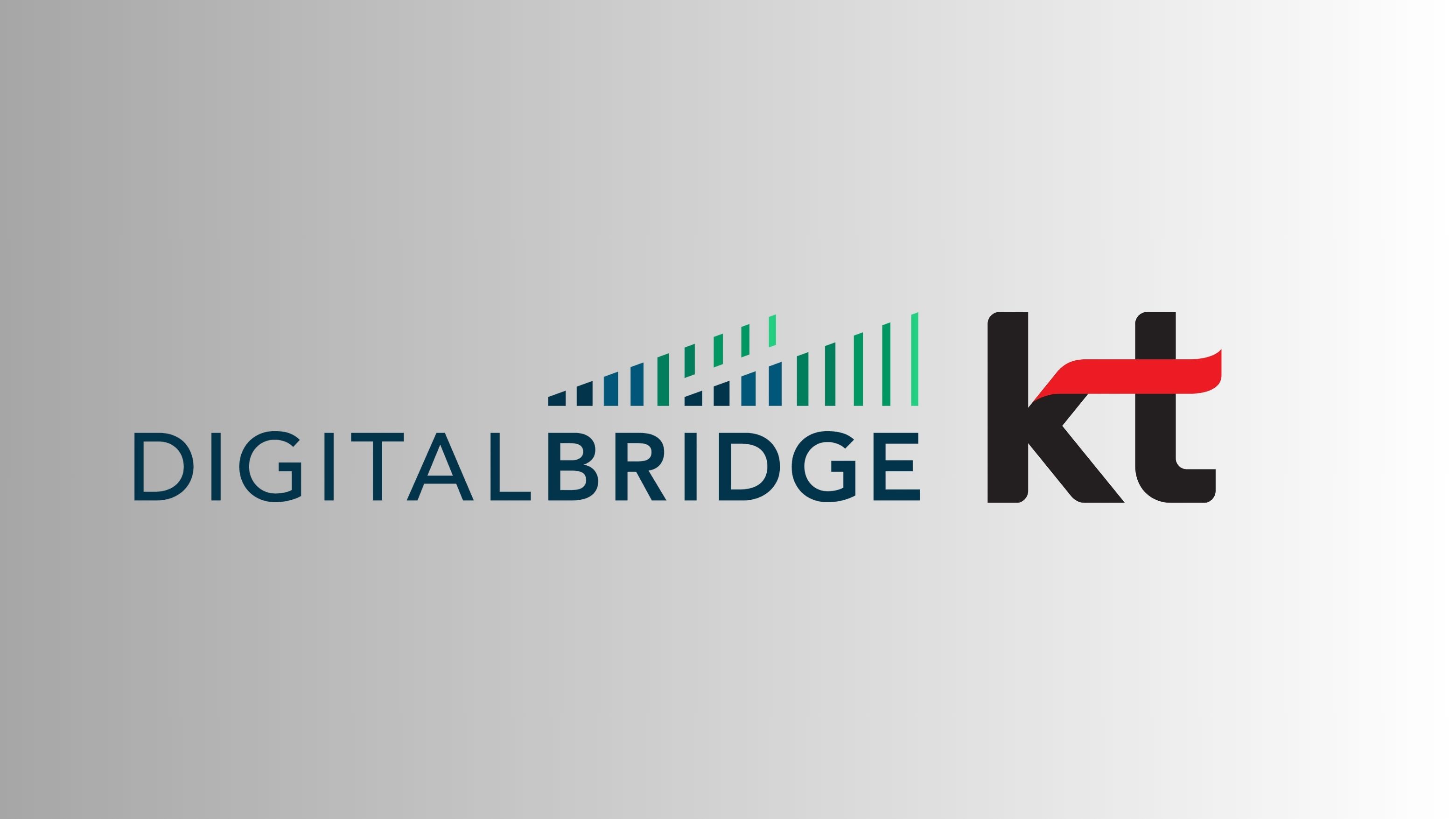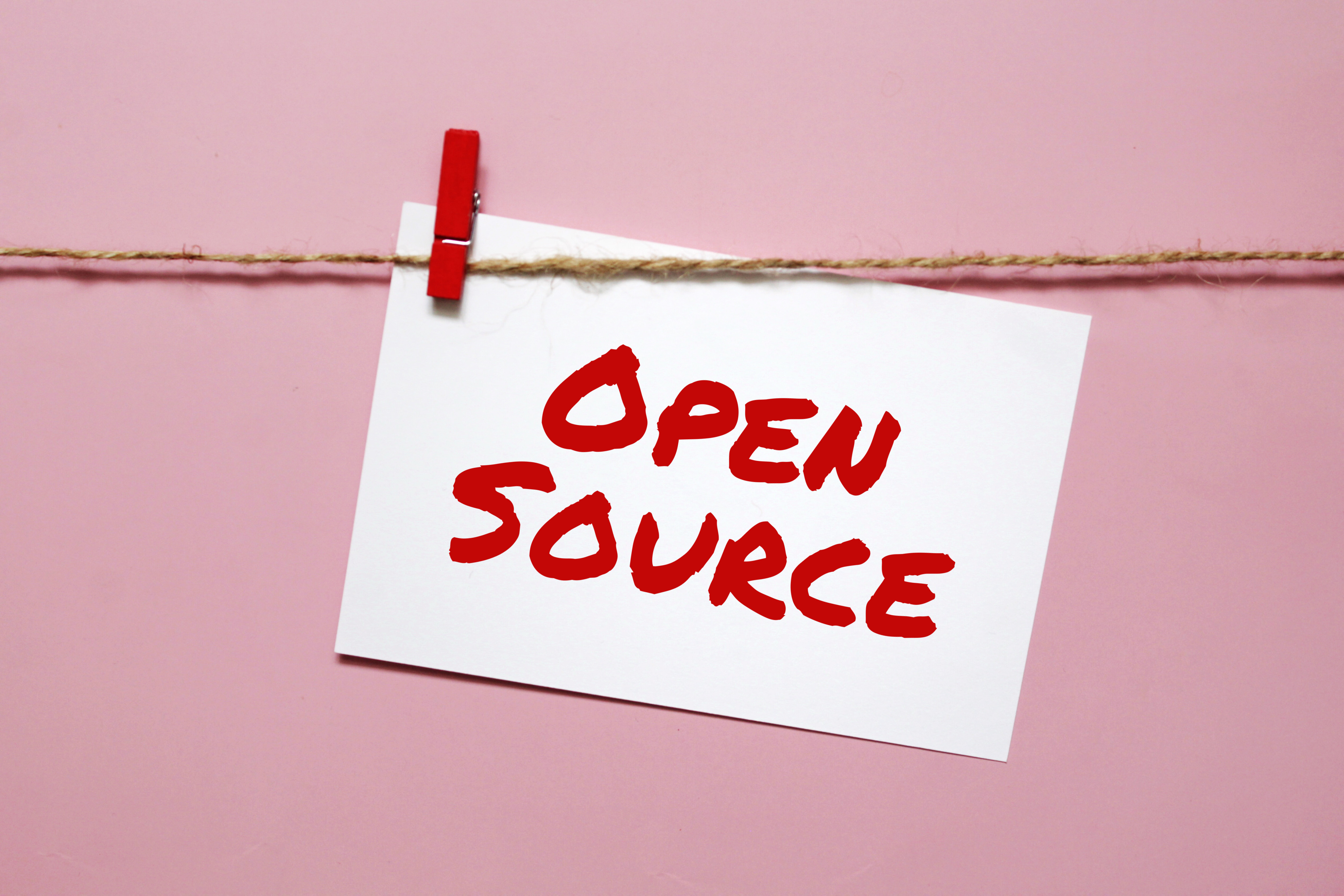As the world marks a decade since China introduced the idea of building a ‘community of shared future in cyberspace,’ the executive director of DiploFoundation and former UN official Jovan Kurbalija says the concept has never been more relevant. Speaking to the Global Times, he emphasised that global digital cooperation has historically been rooted in openness, from the early internet protocols to today’s rapid development of open-source AI.
That collaborative model, he argued, is shaping the next phase of digital evolution, where the line between physical and virtual space is rapidly disappearing.
Kurbalija noted that AI technologies sit at the crossroads of today’s geopolitical, economic, and social tensions. While they amplify opportunities, they also heighten risks, making cooperation essential.
He said that global governance must focus on expanding safe and inclusive technological use while managing the rising dangers associated with rapid innovation. Many UN initiatives, he added, are built on this very logic, widening the space for cooperation to prevent digital divisions from deepening.
At the heart of that challenge is inclusivity. Despite technological progress, one-third of humanity still lacks internet access.
Kurbalija emphasised that true inclusion requires far more than connectivity, and that it demands skills, market access, and participation in decision-making, from local communities to international institutions. Education and capacity development, he said, are fundamental to ensuring that youth, marginalised groups, and people with disabilities can benefit from AI rather than be left behind. Affordable open-source AI will be crucial in bridging this divide.
China’s growing role in the global AI ecosystem is central to these changes. According to Kurbalija, open-source models released by companies such as DeepSeek have rapidly reshaped an industry previously dominated by proprietary systems.
Their impact has been so significant that many countries are now placing open-source approaches at the core of their national AI strategies. He called this shift a ‘historic development’ with far-reaching consequences for transparency, accessibility, and the long-term governance of AI.
Looking ahead, Kurbalija believes China’s Global Governance Initiative could usher in a new phase of international cooperation. The key challenge, he said, will be grounding fast-moving AI innovation in deeper cultural and societal traditions.
He pointed to China’s own philosophical heritage, highlighted during last year’s Global Dialogue on AI, Philosophy and Governance, as an example of how ancient ideas can help guide future technological progress. As nations grapple with the uncertainty of AI transformation, he argued, it is these cultural roots and shared human values that may ultimately shape a more stable and cooperative digital future.
Would you like to learn more about AI, tech and digital diplomacy? If so, ask our Diplo chatbot!










